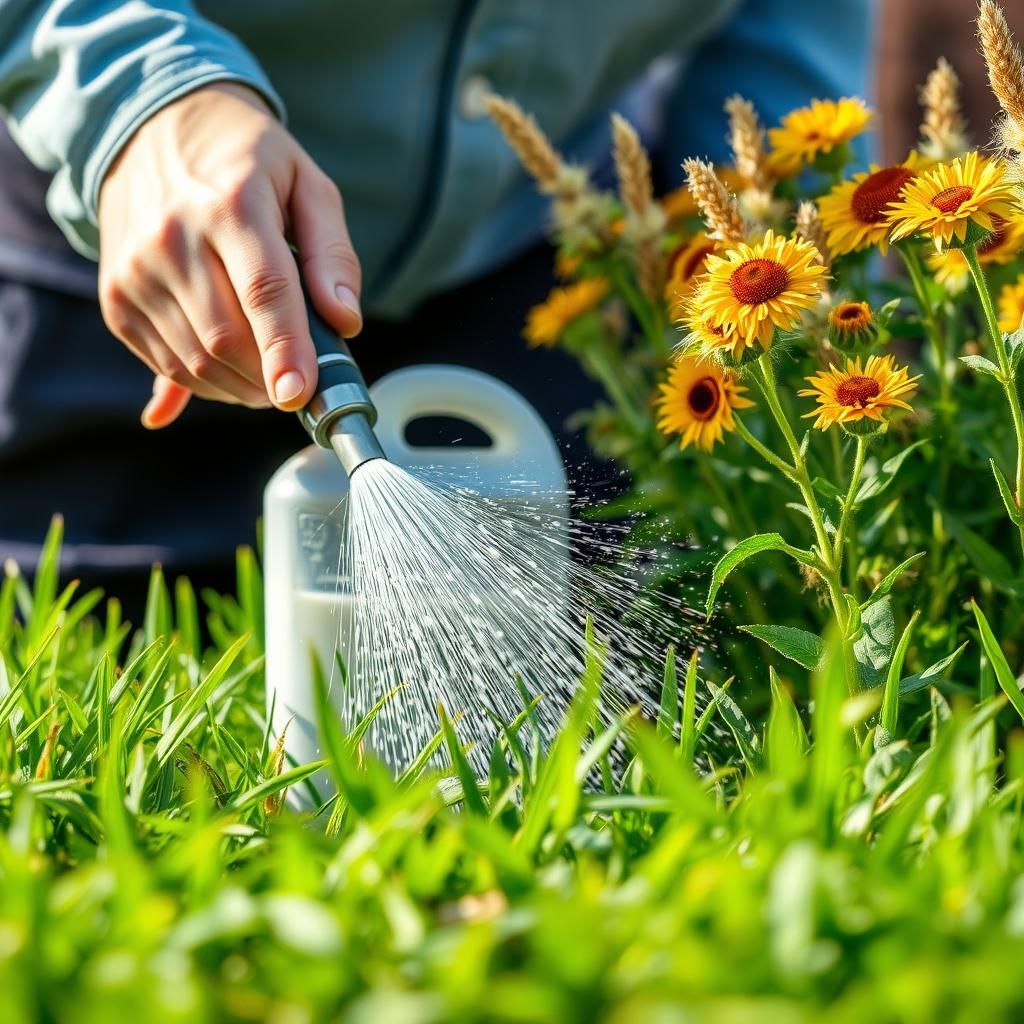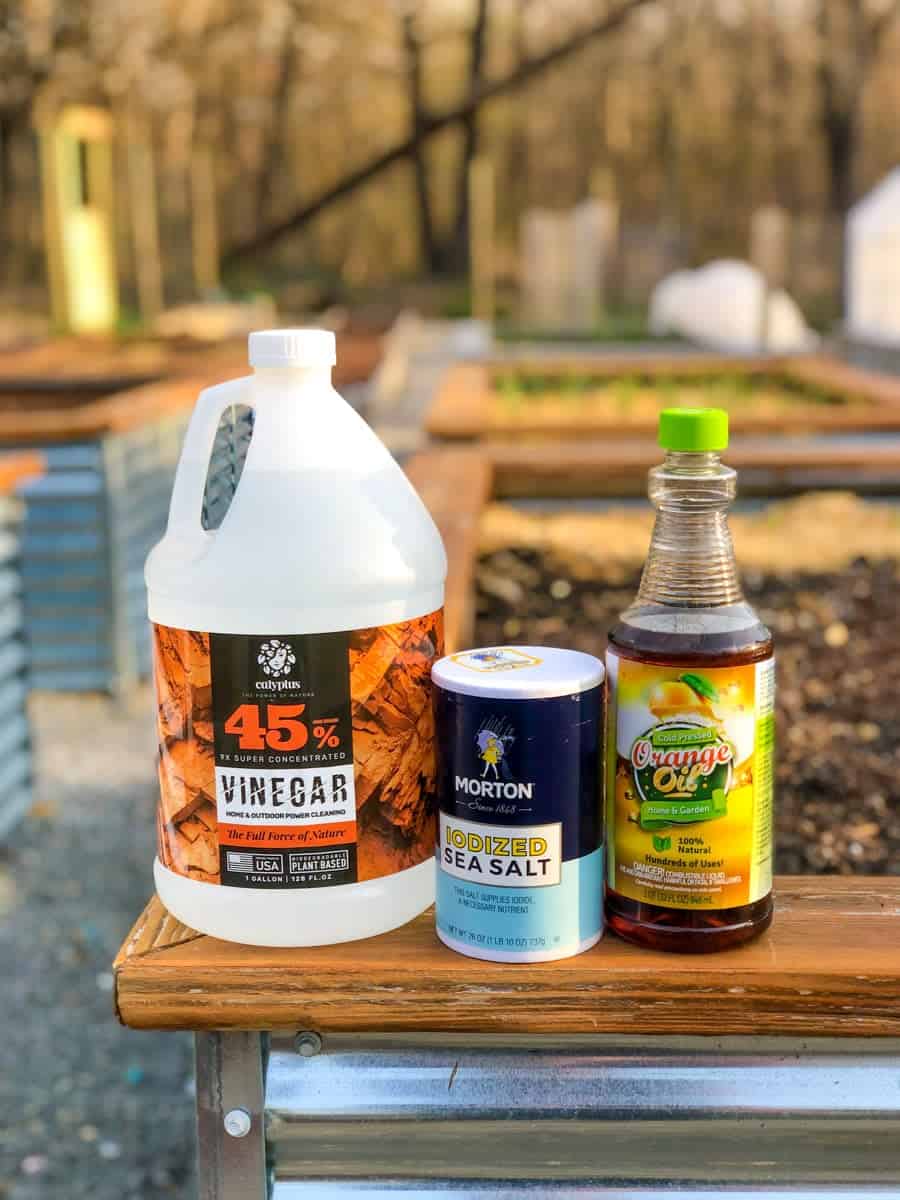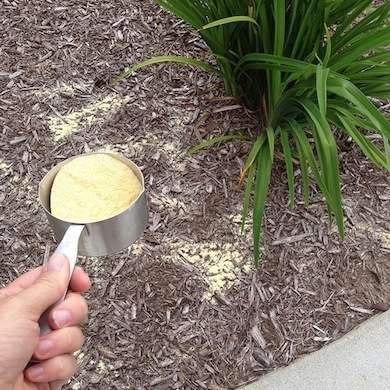The Ultimate Guide to Home Made Weed Killer Australia: Effective Recipes and Tips

In recent years, the demand for eco-friendly gardening solutions has surged, leading many Australians to explore homemade weed killers. This ultimate guide provides effective recipes and practical tips for creating your own natural weed-killing solutions using readily available ingredients. Unlike commercial products, these homemade alternatives are not only cost-effective but also safer for the environment, pets, and wildlife. Whether you’re dealing with stubborn dandelions or invasive grass, our comprehensive approach will help you reclaim your garden while minimizing chemical exposure. Join us as we delve into the world of DIY weed control and discover how easy it can be to maintain a lush, weed-free space.
Effective Homemade Weed Killers in Australia
Homemade weed killers are gaining popularity in Australia due to the growing awareness of environmental sustainability. Many Australians seek natural alternatives to commercial herbicides, which can contain harmful chemicals. A simple but effective recipe includes mixing vinegar, salt, and a few drops of dish soap. The acetic acid in vinegar helps to dry out the weeds, while salt can dehydrate the unwanted plants completely. Dish soap acts as a surfactant, ensuring that the mixture adheres well to the leaves, maximizing its effectiveness. This combination is particularly useful in sunny weather, where the heat can amplify its weed-killing properties. Remember to apply it carefully, as it can harm desirable plants as well.
Ingredients for Homemade Weed Killer
To create an effective homemade weed killer, gather the following ingredients: white vinegar, which should contain at least 5% acetic acid; salt, preferably table salt or rock salt; and dish soap. You can also consider adding essential oils like clove or cinnamon for added effectiveness. Each ingredient plays a crucial role: vinegar acts as a desiccant, salt helps to draw moisture from the weeds, and dish soap helps the solution stick to the foliage for better coverage.
How to Mix Your Weed Killer
To mix your homemade weed killer, combine one gallon of white vinegar, two cups of salt, and a tablespoon of dish soap. Stir the mixture until the salt has dissolved completely. This simple recipe can be increased or decreased based on the quantity needed. It’s recommended to mix smaller batches to ensure maximum freshness and effectiveness. Always wear gloves when handling the mixture, and be cautious not to spill it on your desired plants as it can cause harm.
Best Time to Apply Homemade Weed Killer
The best time to apply your homemade weed killer is on a warm, sunny day. This is when the vinegar and salt are most effective in dehydrating weeds. Avoid applying it during rainy conditions or when the forecast predicts rain shortly after application, as this can wash away the treatment before it has a chance to work. Early morning or late afternoon sessions can also prevent damage to surrounding plants during the hottest part of the day.
Precautions When Using Homemade Weed Killers
While homemade weed killers are generally safer than commercial options, precautions are still necessary. Always use them selectively, as they can kill any green plant they come in contact with, including flowers and vegetables. Avoid spraying on windy days to prevent drift onto desirable plants. Wear protective clothing, including gloves and goggles, to prevent skin and eye irritation. Additionally, store the mixture in a labeled container out of reach of children and pets.
Limitations of Homemade Weed Killers
Despite their effectiveness, homemade weed killers have limitations. They are most effective on young, annual weeds and may struggle against established perennial weeds with deep roots. Additionally, they may require multiple applications for complete eradication, and continuous use can lead to soil salinization, which can impact future planting. It’s important to evaluate the type of weeds present and consider complementary methods, such as mulching or hand-pulling, for optimal garden maintenance.
| Ingredient | Function |
|---|---|
| White Vinegar | Acts as a desiccant and dehydrator for weeds |
| Salt | Draws moisture from weeds, enhancing the killing effect |
| Dish Soap | Improves adherence of the mixture to weed leaves |
| Essential Oils | Enhances effectiveness of the weed killer |
What is the most powerful homemade weed killer?


The most powerful homemade weed killer typically combines common household ingredients that are effective in eliminating unwanted weeds while being less harmful to the environment than commercial products. One popular recipe involves using vinegar, salt, and dish soap. The acetic acid in vinegar acts as a desiccant, drawing moisture out of the plants, while salt enhances the drying effect and dish soap acts as a surfactant, helping the solution stick to the leaves of the weeds.
Ingredients for Homemade Weed Killer
To make an effective homemade weed killer, you will need the following ingredients:
- Vinegar: Use white vinegar with at least 5% acetic acid for maximum effectiveness.
- Salt: Ordinary table salt or kosher salt works well; its dehydrating properties help kill weeds.
- Dish Soap: A few drops of liquid dish soap help the solution adhere to the leaves of the weeds.
How to Prepare the Mixture
The preparation of the homemade weed killer is simple and straightforward. Here’s how you can create your own mixture:
- In a spray bottle, combine one gallon of vinegar with two cups of salt.
- Add two tablespoons of dish soap to the vinegar and salt mixture.
- Shake or stir until the salt is completely dissolved, and then your weed killer is ready for use.
Best Application Methods
To ensure the best results when applying your homemade weed killer, consider these effective methods:
- Spray directly onto the leaves of the weeds, preferably on a sunny day to maximize the drying effect.
- Avoid spraying on desirable plants, as the solution can also harm them.
- Reapply the solution as necessary, especially for stubborn weeds, and monitor the affected area.
Safety Precautions
When using a homemade weed killer, it’s essential to observe certain safety precautions:
- Wear gloves and goggles to protect your skin and eyes from the vinegar and salt solution.
- Keep the solution away from children and pets to avoid accidental ingestion or skin contact.
- Test the solution in a small area first to ensure it does not harm your desired plants or grass.
Effectiveness and Limitations
While this DIY weed killer can be quite effective, it does have some limitations to consider:
- This solution is best for annual weeds and may require multiple applications for more robust perennials.
- It may not work on deeply rooted weeds, and some weeds will need manual removal.
- High salt concentrations can affect soil quality if used excessively, so use judiciously.
What kills weeds permanently naturally in Australia?

Weeds can be a persistent problem for gardeners and landowners in Australia. Fortunately, there are several natural methods to eliminate weeds permanently. Here are some effective approaches to consider:
See also:
Organic Mulching
Organic mulching involves the application of natural materials to the soil surface, which suppresses weed growth by blocking sunlight and reducing moisture access. This method not only kills existing weeds but also prevents new ones from emerging.
- Materials: Use straw, wood chips, shredded bark, or leaves as mulch.
- Thickness: Apply a layer of at least 5-10 cm to maximize effectiveness.
- Decomposition: As the mulch breaks down, it improves soil health and contributes to the growth of desirable plants.
Boiling Water
Pouring boiling water directly onto weeds is an instant and effective method to kill them, as it causes thermal shock to the plant cells.
- Method: Heat water to a rolling boil and carefully pour it over unwanted plants.
- Target: This method works best on smaller, young weeds.
- Safety: Exercise caution to avoid spills, as boiling water can harm desirable plants and scorch skin.
Vinegar as a Natural Herbicide
Vinegar contains acetic acid, which can effectively kill weeds by dehydrating them. The higher the acetic acid concentration, the more effective it is.
- Concentration: Use vinegar with at least a 20% acetic acid concentration for severe infestations.
- Application: Spray vinegar directly on the leaves of the weeds, preferably on a sunny day for maximum effect.
- Limitations: Be aware that vinegar may also harm surrounding plants if not applied carefully.
Salt Solutions
Salt can be used as a natural weed killer, but it must be used sparingly to avoid harming the soil.
- Solution: Mix salt with water (one part salt to three parts water) for the best results.
- Application: Drench the weeds with the solution, focusing on the roots.
- Precautions: Avoid using salt on garden beds or areas where you wish to grow other plants, as it can cause soil salinity issues.
Hand Pulling and Aeration
One of the simplest methods to eliminate weeds is by hand pulling, particularly when combined with soil aeration.
- Timing: Pull weeds after rain when the soil is soft to ensure complete root removal.
- Aeration: Use a garden fork or hoe to aerate the soil, which weakens weed growth by disrupting their root systems.
- Regular Maintenance: Frequent checks and pulling of weeds can significantly reduce their re-emergence.
Questions from Our Readers
What ingredients are commonly used in homemade weed killer in Australia?
Many people use a mixture of vinegar, salt, and dish soap as effective ingredients for a homemade weed killer. The acetic acid in vinegar helps to dehydrate the weeds, while salt can kill them by drawing out moisture. The dish soap acts as a surfactant, allowing the solution to cling to the leaves more effectively.
Is homemade weed killer safe for pets and children?
While many DIY weed killers use natural ingredients, it is important to exercise caution. Vinegar and salt can be harmful if ingested, so it is advisable to keep pets and children away from treated areas until it has dried. Always test a small area first and monitor the surroundings after application for any potential reactions.
How effective is homemade weed killer compared to commercial products?
Homemade weed killers can be effective, but their strength varies based on the concentration of the ingredients used. They may work best on small, young weeds and are generally less potent than commercial herbicides that contain specific chemicals designed for weed elimination. Regular applications might be necessary to maintain control over persistent weeds.
See also:
Can homemade weed killer harm other plants in the garden?
Yes, homemade weed killers can potentially harm desired plants if applied carelessly. When spraying, it is crucial to target only the weeds and avoid contact with other vegetation. Using a precise applicator or shield can help minimize the risk of accidentally harming nearby plants.

If you want to read more articles like The Ultimate Guide to Home Made Weed Killer Australia: Effective Recipes and Tips, we recommend you check out our Weeds category.
Leave a Reply
Related Articles